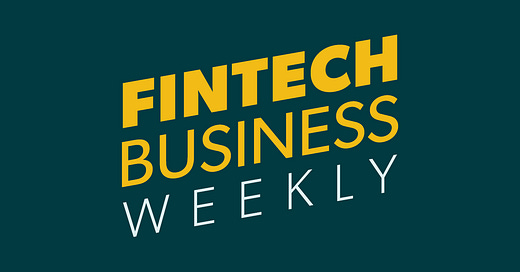Goldman Hires Uber Tech VP, Plans UK Robo Rollout
UK Regulator Warns on Bank Comparisons, On Adding Friction to Finserv
Hey all, Jason here.
My whirlwind tour of the US continued this week, with a brief side trip to NYC for a couple of work meetings and to catch up with old friends. Unfortunately I missed the fintech happy hour event (sounds like it was a smashing success!), but recommend you check out the next one if you are NYC-based.
Also excited to announce I’ll be joi…



